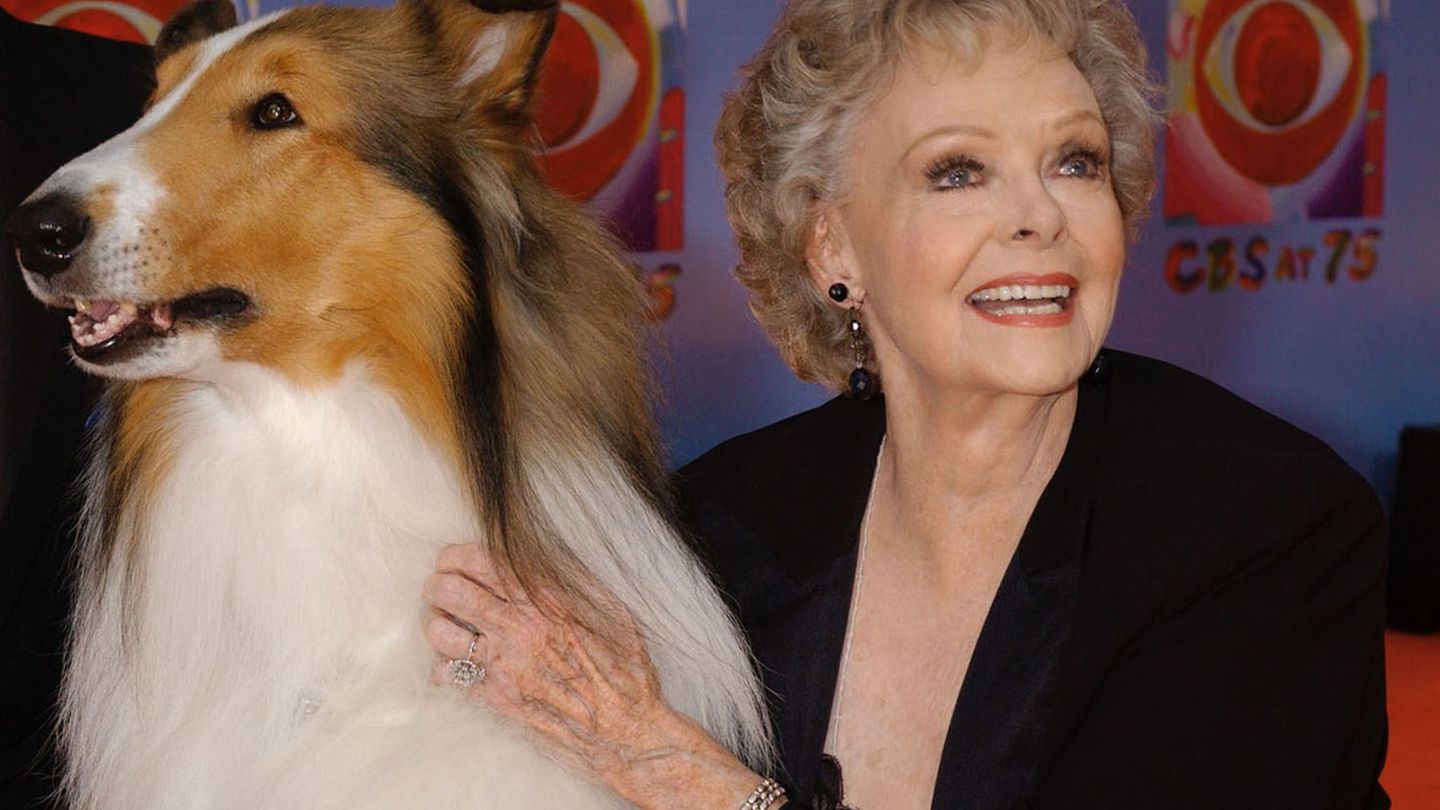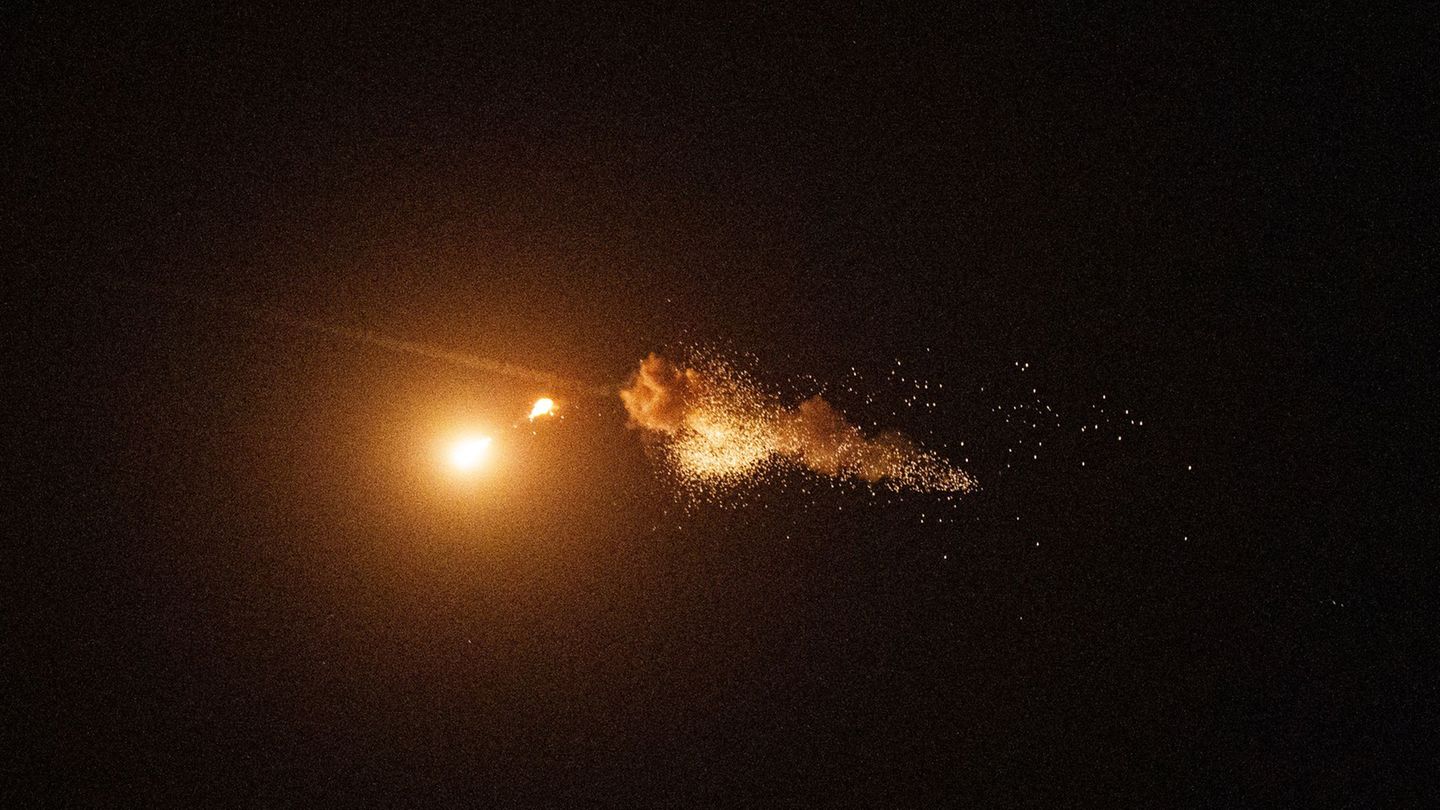Image: OÖN
Exactly on the day that Sofia Polcanova reached for her first World Championships medal in Durban, the 20th anniversary of Austria’s greatest table tennis success: May 25, 2003 will go down in Austrian sport as a day for eternity. Werner Schlager achieved the “miracle of Paris” 20 years ago, brought Austria the first modern world title and, after converting the second match point, remained the only non-Chinese world champion of the 21st century.
Schlager traveled to France with mixed feelings. At the European Championships in Courmayeur, almost six weeks earlier, things were going well in doubles (gold in mixed, bronze in men’s doubles), but in round three in singles there was a surprising defeat against Philipp Gatien.
He started in Paris with victories over Segun Toriola, defensive aesthete Koji Matsushita and Slobodan Grujic. Even these victories showed that the number six of the tournament was in good shape – both in terms of play and especially mentally. The first really big challenge came in the round of 16: Kim Taek Soo. As against Toriola, set one was gone in a hurry against the Koreans, but Schlager improved from ball to ball and – supported by the French audience – remained victorious in six sets. For the first time, the feeling arose that the French had found their new favorite in Schlager.
The self-chosen goal of “Quarterfinals” was thus achieved, and now defending champion Wang Liqin faced an almost larger-than-life hurdle. With 11:8 and 15:13, the big favorite and triple world champion made it 3:1. The match went as expected. Werner came back 11:9, but at 6:10 in the sixth round everything seemed over. But the unexpected, not thought possible happened! The Austrian fended off all four match balls and forced a deciding set with 13:11. The 13,000 spectators in the Palais Omnisport transform the hall into a madhouse! And the tall Chinese actually looked shaken, seemed taken aback by the unexpected resistance.
“Will the hit make it or not?”
The Lower Austrian was able to make the most of this phase and did the impossible – with 11:5 he forced Wang Liqin to his knees and secured the medal. Now, of course, the then 30-year-old wanted more, the medal was secured, and in the semifinals against Kong Linghui he was able to play easily.
The game of the Olympic champion was Schlager, who pulled away 3:1 as if intoxicated. With 7:3, the Lower Austrian got the better start in the deciding set, but the Chinese continued to fight doggedly, at 8:8 everything was open again. First match point batter at 10:9 – risked too much, 10:10. Second match point at 11:10 – Kong saves with a match point. Then 11:12 – but with a phenomenal flip ball, Schlager equalized. Kong seemed defeated by this cold-bloodedness, Werner was finally unstoppable and got the next two points. Victory! Final!
When Schlager sees these scenes today, he says: “I rarely look at it because there are so many emotions associated with it. Every time I ask myself: does the hit make it or not? It’s crazy. It’s so dramatic I almost can’t watch it. There is so much joy there. It’s like a film rip from the moment I throw my hands up.”
The final
Less than three hours later, everything was at stake! The game for gold was against a defensive artist with a dangerous forehand attack: Joo Se Huyk from Korea. Tactically well adjusted, Schlager tries to go a different way than the players before. Just don’t try to shoot him through. But the start failed. 0:3, 1:4, 5:8…. Only at 8:8 did they equalize for the first time, at 10:9 Schlager was ahead for the first time and immediately got the psychologically important first set. With an 11:6 in the second set, half of the way was completed. In the third round, however, the Korean was able to change his tactics and reduced the lead to 1:2. When everything pointed to an equalizer in round four, the Lower Austrian delivered another feat at 7:10.
First two points with the backhand, after a crazy rally the 10:10. When Schlager led 11:10, he surprised the Korean with a new service variant – direct point to 3: 1! But often the last steps are the hardest – coach Ferenc Karsai swore the Austrians back to the tactics during the break, just not to risk too much. But it didn’t help. 3:8, 8:11 – so only 3:2. In round six it seemed to fit at first. After 0:2, six points in a row lead to 6:2, victory was finally within reach. But Joo gave everything again and was suddenly 9:7 ahead. Then a sensational forehand from the Austrian – 9:9. Then 10:9 – first championship ball!
But the temptation was too great – after a high defensive ball, Schlager pulled through – straight into the net. Then maybe the best ball of the game: After the Korean went on the offensive, he hit him with his topspin right on the plate with a “countertops” around the ears … second match ball! And this time it happened. A counter-topspin by the Korean sailed out, Schlager looked in disbelief, the racquet fell out of his hand – world champion!
All dams broke. “He was able to adjust to me so well that I noticed that my game was slipping out of my hands. Then I tried new service. I don’t know why that came to my mind. He then had huge problems with that.”
And to top it all off, the leap from sixth to first place in the world rankings followed. But the success was also recognized on a national level – ahead of overall Ski World Cup winner Stephan Eberharter, he was voted Austria’s athlete of the year 2003.
more from More Sport
The ex-Gmundner Murati disenchanted the Swans
Rodionov and Ofner in the final of the Paris qualifiers
Final! Now HC Linz is dreaming of a really big coup
A question of power reserves?
: Nachrichten
I am Pierce Boyd, a driven and ambitious professional working in the news industry. I have been writing for 24 Hours Worlds for over five years, specializing in sports section coverage. During my tenure at the publication, I have built an impressive portfolio of articles that has earned me a reputation as an experienced journalist and content creator.




